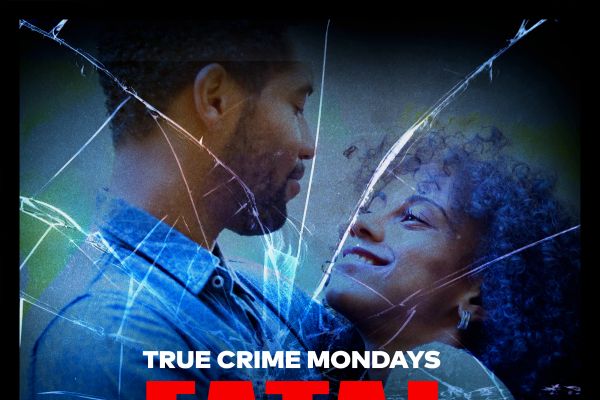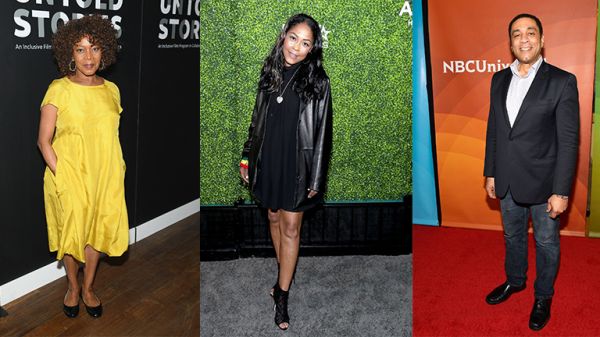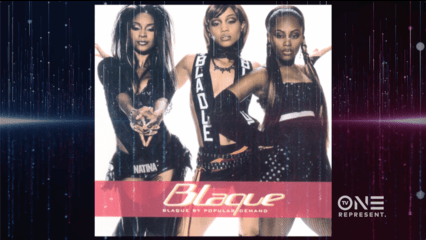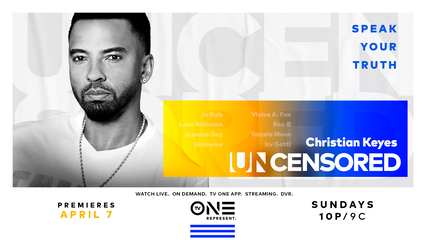
(July 10, 1943 – February 6, 1993)
No doubt you’ve heard the name Arthur Ashe mentioned among the great sports legends. But do you really know how Ashe changed the game of tennis—and beyond? A former World No. 1, Ashe was first black player ever selected to the US Davis Cup team, and the only black man to ever to win a singles title at the US Open (1968), Australian Open (1970) and Wimbledon (1975). But Arthur Ashe’s legacy also extends to his efforts to support social causes such as apartheid and AIDS advocacy.
Growing up in segregated Richmond, Virginia, Ashe picked up a racket at the age of 6, after the sudden death of his mother. After being bussed to tournaments to play white players, he left for St Louis, receiving a tennis scholarship at Sumner High School. After winning back-to-back national juniors titles in 1960 and 61, Ashe received a tennis scholarship to UCLA, where he was an All-American for three years. In 1963, he was invited to play on the US Davis Cup team, the first African American player to be selected. In 1965, Ashe won the NCAA singles’ title and helped UCLA win the team title. Ashe was also a member of Kappa Alpha Psi fraternity, as well as ROTC. The man was even commissioned as Second Lieutenant.
Bespectacled and Afroed, Ashe exuded icy elegance, and his serve-and-volley game combined finesse with power, In 1968, he won the Davis Cup title (US Nationals) and also the inaugural US Open title, the first to win amateur and professional titles. But since he was still deemed a rookie, he was ineligible to receive any prize money. This led to him helping establish the Association of Tennis Professionals (ATP), which is the governing body of professional tennis players. Ashe was also one of the first to bring to light apartheid in South Africa, protesting after he was denied a visa to play the South African Open.
Ashe’s big moment was his win in Wimbledon in 1975, defeating fellow American (and heavily favored) Jimmy Connors, deemed one of the biggest upsets in sports history.Four years later, Ashe suddenly suffered a heart attack, which shocked the world, given his high level of fitness. But after undergoing quadruple bypass, he used his condition to draw attention to the hereditary aspect of African Americans and heart disease. He attempted a comeback, but his health could never truly recover. In 1983, he had a second heart surgery, which would prove to be even more damaging, as he’d contracted the HIV virus during a blood transfusion.
In 1992, he went public with his disease, and freed from the burden of keeping his illness a secret, became a staunch advocate for AIDS sufferers worldwide by raising awareness about what was still thought of as a "gay man’s disease." He delivered a memorable speech at the United Nations. Two months before his death, he founded the Arthur Ashe Institute for Urban Health, to help address inadequate health care. He finished his memoir one week before his death of AIDS-related pneumonia on February 6, 1993. President Bill Clinton awarded him the Presidential Medal of Freedom posthumously.
Today, Arthur Ashe Stadium in Queens, NY is the center stage where the all the biggest match-ups US Open have every year since its opening in 1997. Since his death, there has been the annual Arthur Ashe Kids’ Day, a star-studded charity event for underserved kids to get up-close and personal with tennis greats and pop celebrities so they can appreciate the game of tennis. UCLA, his alma mater, also opened Arthur Ashe Student Health and Wellness Center in 1997. Ashe’s influence spreads far and wide.
No other athlete has exhibited the type of quiet fortitude, grace and pride more than Arthur Ashe. He was the lone brown face in a sea of tennis whites, in a sport previously reserved for the country club rich elite. Four decades later, no other Black tennis player has reached his levels of accomplishment. Through it all, Arthur Ashe was a pure statesman. If he carried the Black Man’s Burden on his shoulders, you’d never know it. He realized that his position also gave him a platform, and used it for good. He was America’s first Sports Ambassador, and championed for his people with aplomb. He famously said, "I don’t want to be remembered for my tennis accomplishments. That was purely selfish. That was for me.".Maybe it’s no coincidence that Ashe, using two syllables, is also an ancient Yoruban word for an all-pervasive spiritual energy. Say it, and it invokes the power to make whatever one says happen, like Amen. "Let it be so."
Ashe.







